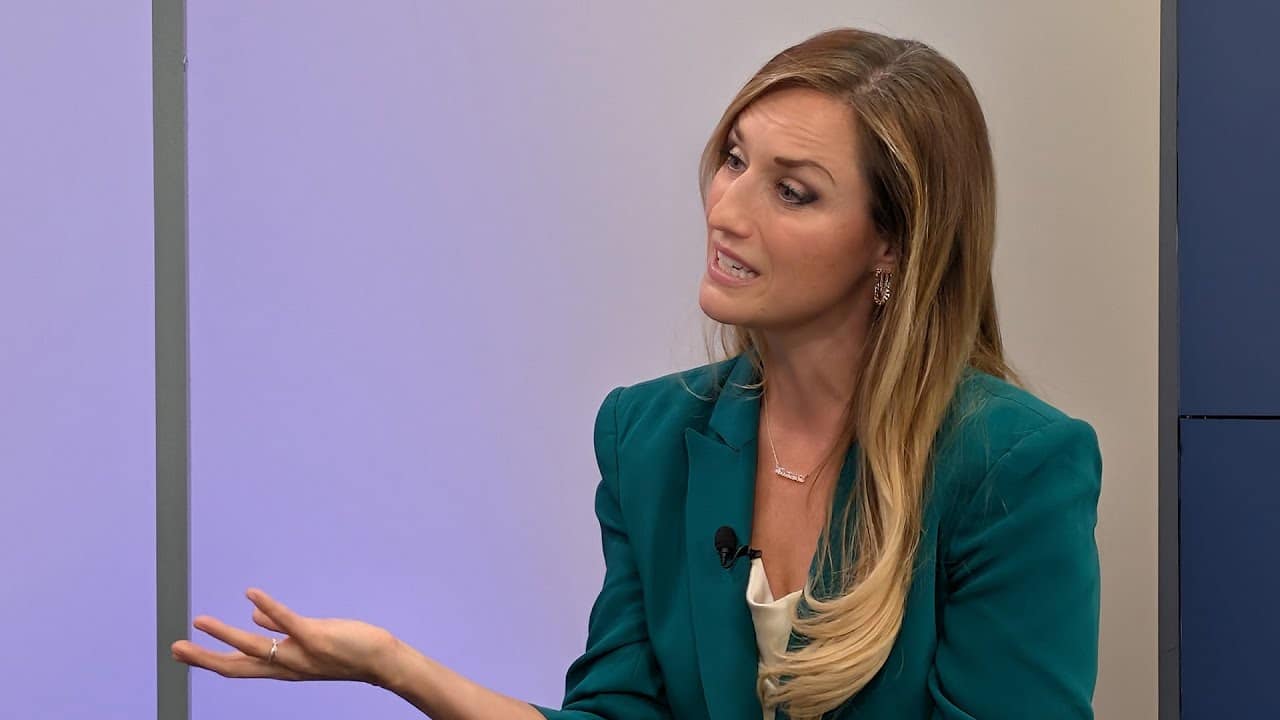NJBIA is supporting provisions in a bill that seeks to enhance training in the workplace to prevent sexual harassment and discrimination in the workplace, while ensuring that appropriate processes are in place to address complaints and violations.
However, the association is seeking amendments to bill S-3552, sponsored by Sen. Loretta Weinberg, as it goes too far in the extent to which increases employer liability.
“We definitely have a great appreciation for what this bill is trying to achieve,” said NJBIA Chief Government Affairs Officer Chrissy Buteas. “Sexual harassment and discrimination should not be tolerated in the workplace, or anywhere, for that matter, and it’s a great credit to Senator Weinberg that she has taken on these issues throughout her distinguished career.
“However, this legislation, as currently written, essentially removes any defenses that all previous law has afforded employers – even if they had already taken steps to prevent harassment or took action against an offending employee’s conduct once they were made aware of it.
“We think that’s a step too far in terms of bringing more liability to an employer and we’re hoping the supporters of the bill will work with us on some amendments.”
The bill also calls for the elimination of the “severe or pervasive” standard – established and used over decades of court decisions - in order to make it easier to prevail in a discrimination or harassment claim.
Buteas said that would set the bar too low for potential legal action, leading to la flood of lawsuits for relatively minor conduct. This change could make the courts the arbiter of everyday social interactions.
“Removing that severe or pervasive standard would essentially invite lawsuits for a one-time offending comment, perhaps even made unknowingly,” Buteas said. “It could potentially weaponize everyday interactions in the workplace and stifle discussion for fear of unknowingly crossing into a gray area of communication.
“We feel it’s best to leave that carefully crafted standard in place and allow the courts to apply the facts to the law,” Buteas said.
NJBIA is also concerned about the increase in the statute of limitations from two years to three years, along with certain aspects of the training requirements.
Bill S-3552 was introduced in January and transferred to the Senate Labor Committee. It has not been voted on yet.



